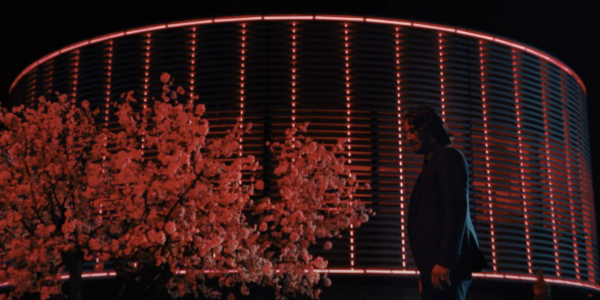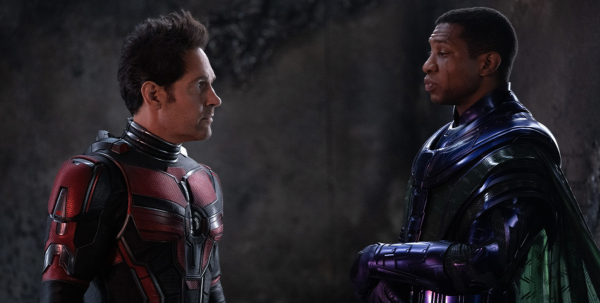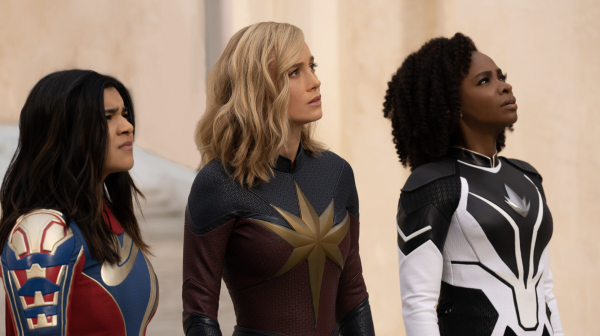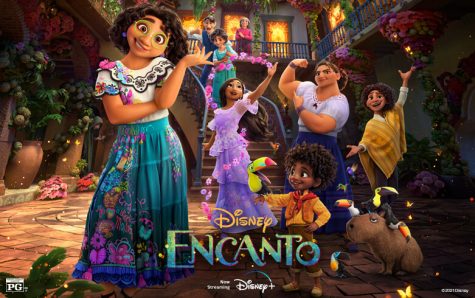Valentines Day
I’m in it for the chocolate
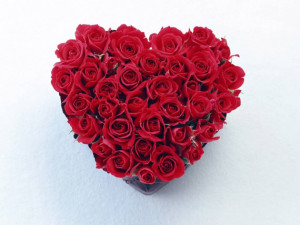
For many, Valentine’s Day is a sweet day to show their love. For others, it is a bitter reminder of the fact they do not have a person to share it with. Shae Owsley, sophomore said, “I don’t like it. It’s only happy for those girls who get big teddy bears and the chocolates where the rest of us sit around feeling sorry for ourselves.” Others like myself and Celine Foster, freshman, believe that,” Valentine’s Day is a corporate holiday geared towards making money.” While only 61.8 % of consumers celebrate Valentine’s Day, they manage to spend $13.19 Billion per year on Valentine’s Day. Each person spends and average of $116.21 on Valentine’s Day. Now Valentine’s Day may not be the most expensive holiday; the spending population spent $52 Billion on Christmas. But still it is a very expensive holiday and many people spend their money to express their love. I am not bashing the expression of love in any way; it is great that people have that much love. But I am bashing the consumerism aspect of this “love filled” holiday. The way that Valentine’s Day is conditioning people to feel that objects are needed to show someone affection is a problem that will impact the next generations. The most given gift on Valentine’s Day are cards, 52.1 % of the people who celebrate this holiday give cards to their loved ones. While only 34.6 % of couples dine out together on this day. I personally feel that going out to dinner and spending time together is a much better gift to show affection than a store bought card. I am not alone in the critic of this holiday. Neil Haran, sophomore “The reason I don’t like Valentine’s Day is partially because of the consumerist nature of the “holiday” but also because of its impact on what we consider love. It completely generalizes the concept of what love should be. The box of chocolates, a dozen red roses, you know? You can’t generalize love, it’s different to each person and having only one day a year to show your love in a cliché way can’t possibly be a good thing.” His point of it forcing people to fit their love into a one size fits all image is happening all around us with media. When this forced expectation is put on young people in relationships it can be emotionally hurtful. Physiologist F. Diane Barth explained in an article that, “There are, of course, the romantics, male and female, who fill the day with flowers and gifts, and celebrate in some special way, whether a candlelit dinner at home, an evening out, or a weekend away. There are the cynics who openly criticize the holiday as nothing but a marketing ploy and refuse to purchase anything, even a card, or to celebrate in any way at all. There are those who say that they express their love all year long and do not need a special day for it; and there are those who had no one to share the day with.” People need to accept that people show their love differently and maybe you are a romantic but your boyfriend or girlfriend is a cynic; obviously your expectations about the holiday will be different. Valentine’s Day can be great for some, but for me it is a representation of our society’s consumerism. A very lovely and positive idea has been twisted into a time of harsh expectation and need of items. So celebrate love in all its forms, but do so not expecting to get from other, do it because you love that person and want to show that to them.
More information on the topic
http://www.statisticbrain.com/valentines-day-statistics/
http://www.psychologytoday.com/blog/the-couch/201002/breaking-valentines-day
Your donation will support the student journalists of West Bloomfield High School. Your contribution will allow us to purchase equipment and cover our annual website hosting costs.

This is Reilly's third year writing for Spectrum and is an editor. She is a Senior. She loves writing creative pieces for the newspaper. She would love...

